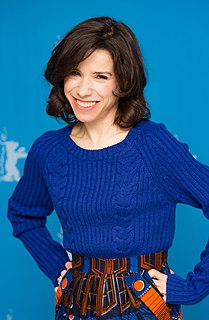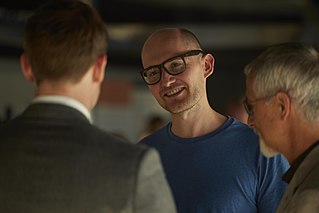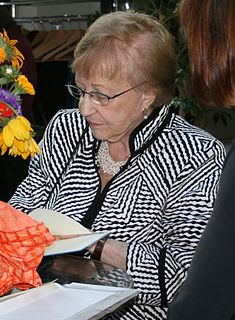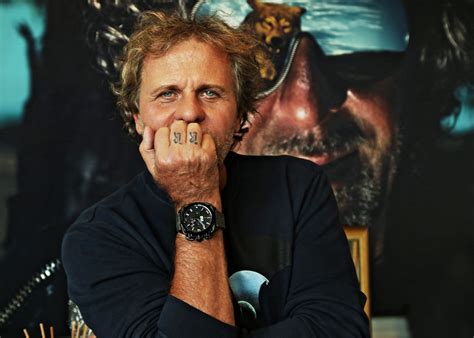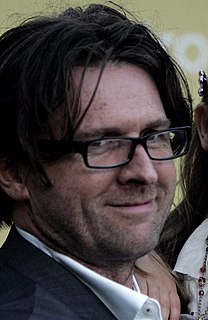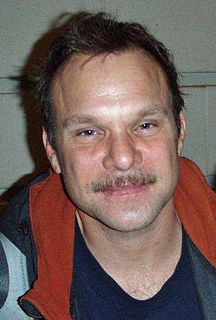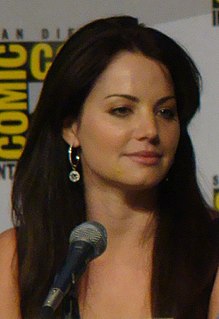A Quote by Sally Hawkins
Sometimes you go into a film and you have no time to prepare and have to compress the details into a few days and then rely on the instinct and what happens when you're in a scene with other actors and that chemistry or not.
Related Quotes
As a director, I have to feel realism from actors, and they can't be plastic. The words for me are secondary, but the chemistry between the actors is most important. However, you have to go by the script because it's related to production, otherwise you will not finish your project. My background are acting, film production, directing, and I studied them for many years. Keep in mind that you need many other skills when you are starting any film project related to real life.
I went to work at seven in the morning. Around noon time we got the watery soup. And we worked until seven or eight or nine at night, sometimes later. And then I walked back home - there was no public transportation - into that shared room. And if there was food we would prepare an evening meal depending on what was available. And then probably go to bed because it was cold most the time. And then start the day all over again, six or seven days a week.
Buddha says: Remember, you have to do much, but the ultimate always happens when you are not doing anything. It happens in a let-go. PRANIHAN IS the state of let-go. You do all that you can do; it will help, it will prepare the ground, but it cannot cause the truth to happen. When you have done everything that you can do, then relax, then nothing more is left.
Film and television are very different. On the TV show, we do seven or eight scenes a day, so time and money are of the essence, and we have zero room for creativity because you've got to do each scene in only five takes. Whereas, on a film, you have an entire day to film one scene, so you have so much time to choose how you want to fill in a scene.
